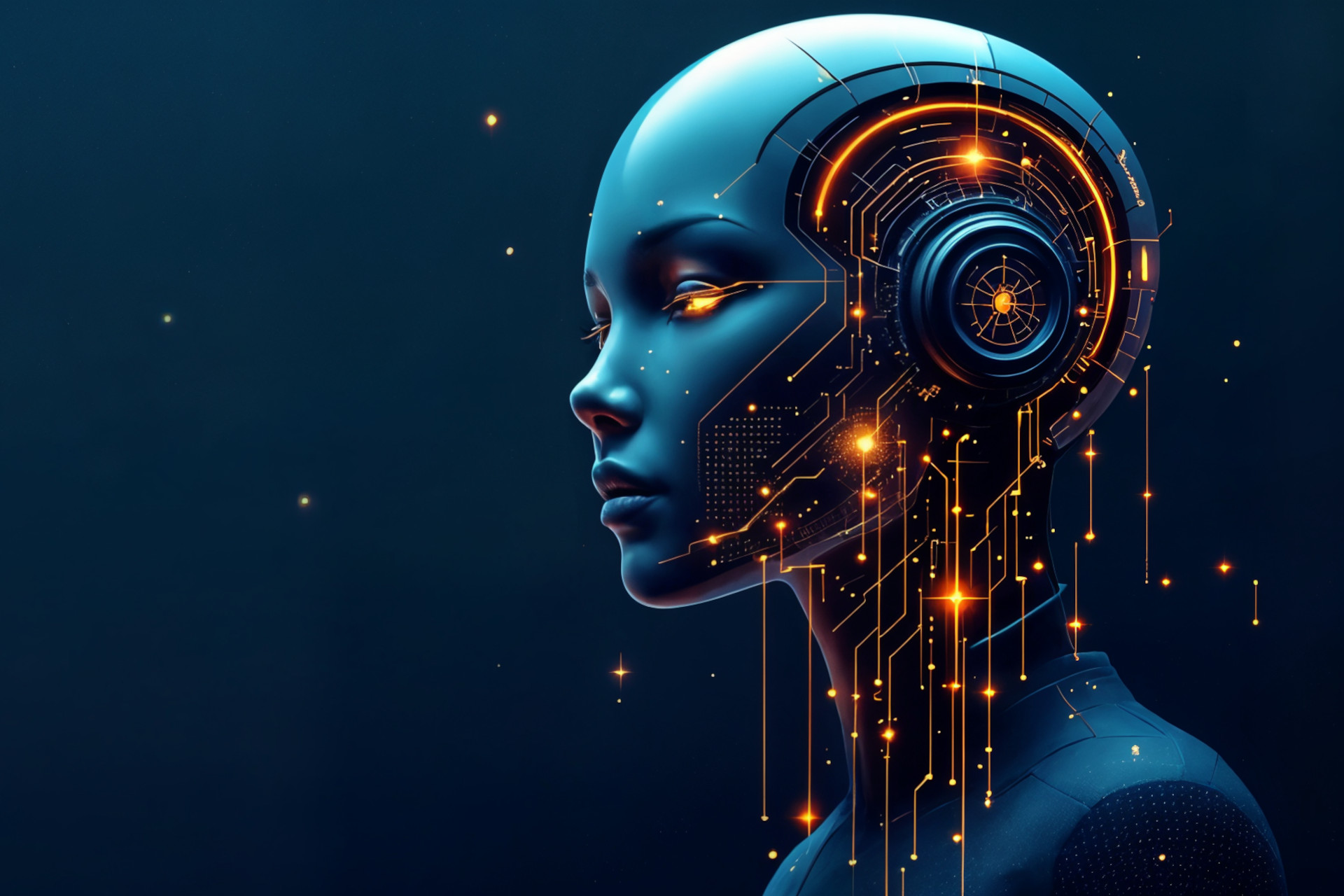Simon Willison has a problem. As co-creator of Django and a veteran software engineer with 25 years of experience, he's watching his own profession get disrupted by the very technology he's helping to advance. However, in his recent conversation with journalist Natasha Zubes, what emerges isn't the typical doom-and-gloom narrative about AI replacing everyone. Instead,...
Category: AI
Self-Improving AI: Darwin Gödel Machine Evolves Code
In 1965, mathematician I.J. Good predicted the possibility of an "intelligence explosion"—a hypothetical scenario where AI systems could recursively improve themselves, each generation surpassing the last. Nearly 60 years later, researchers from the University of British Columbia, Vector Institute, and Sakana AI have taken a significant step toward this vision with their Darwin Gödel Machine...
GitHub CEO Thomas Dohmke on the Future of Programming: Why Kids Should Still Learn to Code
In a world where AI can generate entire applications with a simple prompt, the question of whether learning to code is still relevant has become increasingly urgent. GitHub CEO Thomas Dohmke, speaking at Microsoft Build 2025, offered a nuanced perspective on how programming will evolve—and why traditional coding skills remain crucial even as AI agents...
Zero Data, Superhuman Code: A New AI Paradigm Emerges—and It Has an “Uh-Oh Moment”
The relentless march of AI capabilities continues, driven largely by ever-larger models and increasingly sophisticated training methods. For large language models (LLMs), Reinforcement Learning with Verifiable Rewards (RLVR) has emerged as a powerful technique, allowing models to learn directly from outcome-based feedback rather than just mimicking human-provided steps. Recent variants have pushed towards a "zero"...
What is reinforcement learning? An AI researcher explains a key method of teaching machines – and how it relates to training your dog
Understanding intelligence and creating intelligent machines are grand scientific challenges of our times. The ability to learn from experience is a cornerstone of intelligence for machines and living beings alike. In a remarkably prescient 1948 report, Alan Turing – the father of modern computer science – proposed the construction of machines that display intelligent behavior....
Coding for AI Agents vs. Coding for Human Developers
As AI coding assistants and autonomous agents (often powered by large language models) become more involved in software development, best practices in coding must account for a new “audience.” Traditionally, code is written by and for human developers, emphasizing readability and maintainability for people. In contrast, code intended to be generated or maintained by AI...
The Great Rewiring: Nadella and Zuckerberg on How AI is Reshaping Tech’s Foundation
AI isn’t just upgrading our tools—it’s redefining the tech foundation. In a compelling fireside chat, Satya Nadella and Mark Zuckerberg reveal how artificial intelligence is reshaping the very foundations of software development. From multi-model orchestration to AI-powered coding agents, they paint a future where the boundaries between documents, applications, and human input dissolve into a...
Duolingo’s AI-First Pivot Isn’t Just Smart. It’s Survival.
When Luis von Ahn, CEO of Duolingo, told his team they were going “AI-first,” it wasn’t framed as an option. It was framed as survival. In an all-hands email, von Ahn doesn’t mince words. AI isn’t coming. It’s here. And companies that wait for permission, or perfection, are already too late. If that sounds dramatic,...
Integrating AI Agents into Teams—How to Succeed Without Tech Overload
AI agents are more than just smart chatbots—they're becoming genuine team members. With the right approach, AI agents like Roman from support function as part of your team, not as foreign entities. These AI agents don't hide behind interfaces or in the cloud. They have email addresses. They respond. They coordinate. And when implemented correctly,...
The Jagged Frontier of AGI: Surprising Superpowers, Baffling Failures
AI researchers are finding that today’s most advanced models are superhuman in some ways and stumbly in others. Take OpenAI’s new “o3” model, for example: it aced challenging business tasks in seconds but tripped over a simple children’s riddle. This paradox – uneven, “jagged” performance across tasks – has led Wharton professor Ethan Mollick to...









